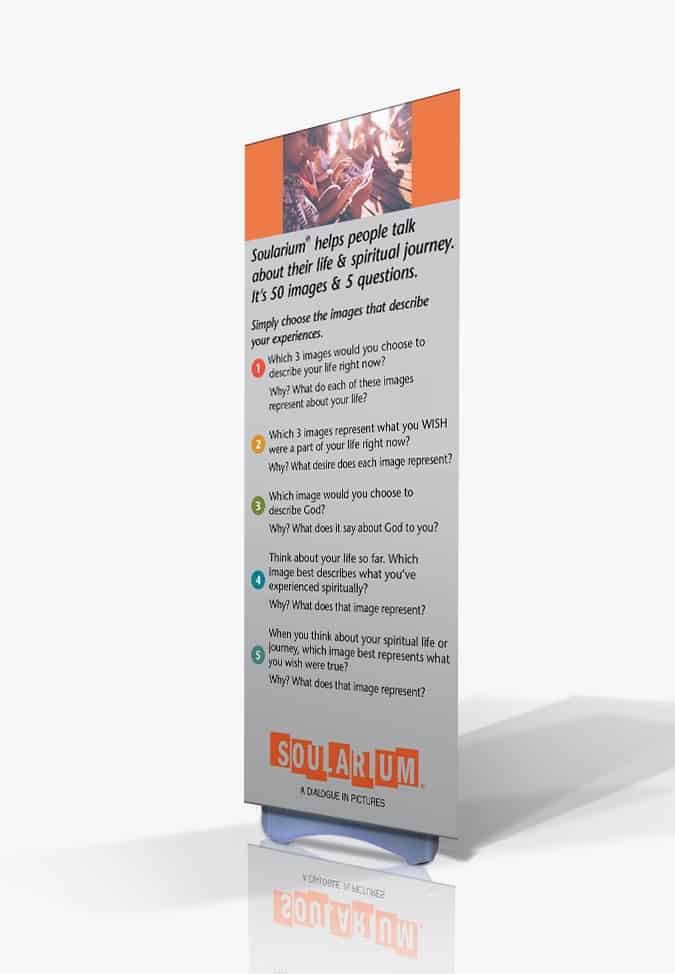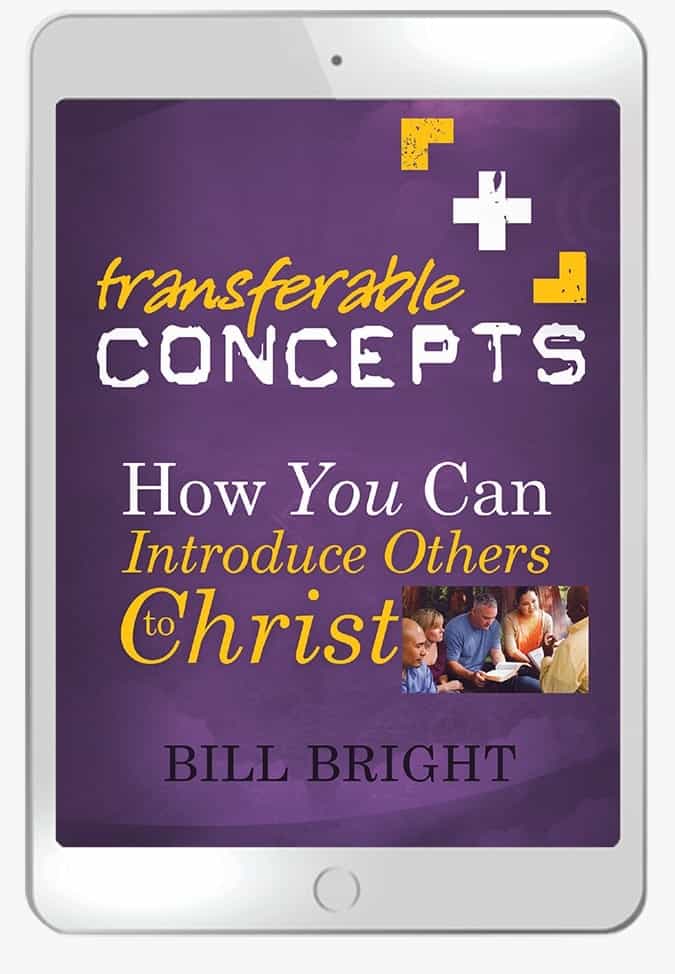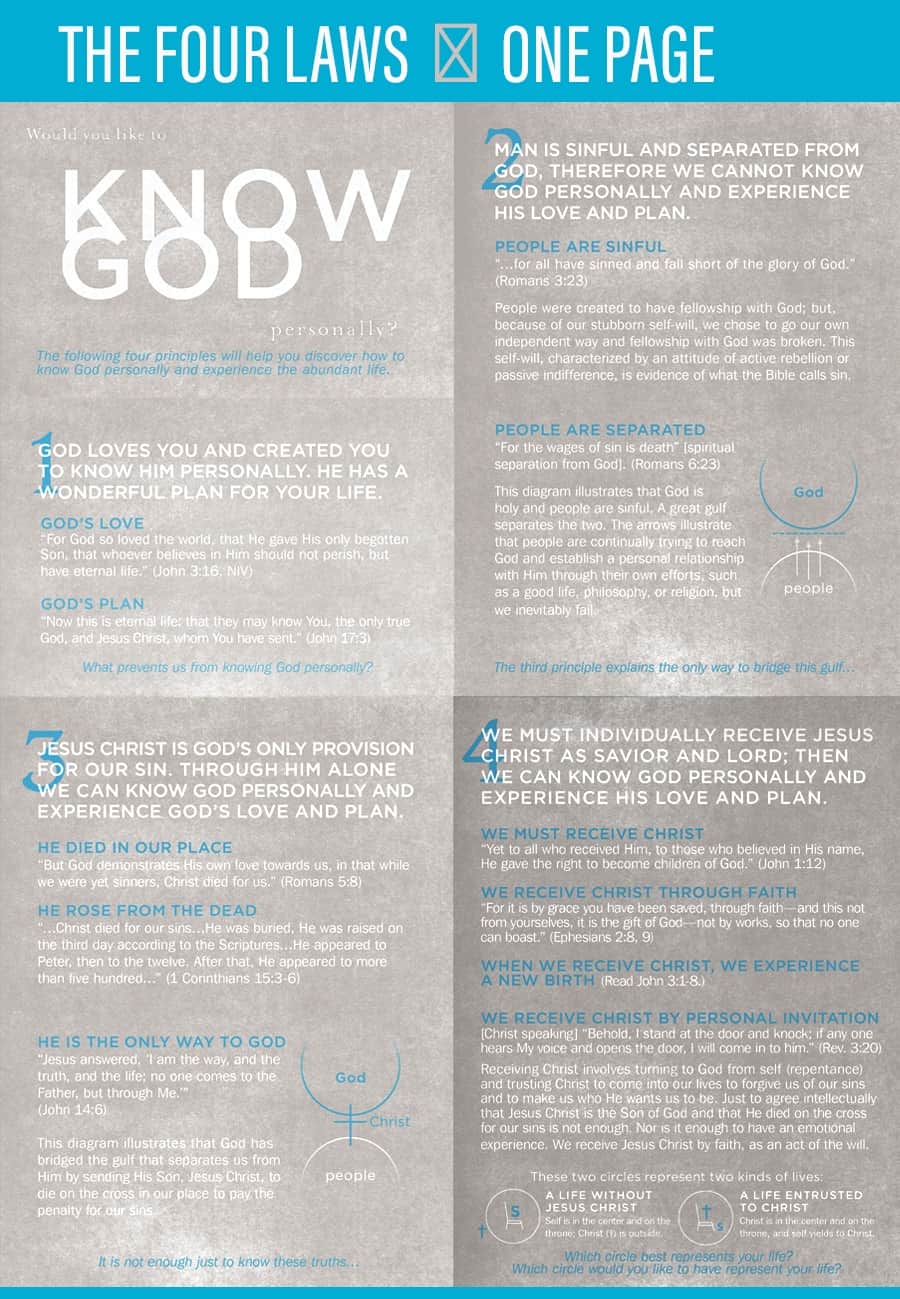What Is a Christian Testimony?

Every time you tell stories of how God has worked in your life, you give honor and glory to God. Each of those stories can be considered a testimony. The story about how God changed your life when you began a personal relationship with Him — that is your Christian (salvation) testimony.
Here are some shortcuts to specific sections about this kind of Christian testimony:
- Preparing Your Personal Testimony
- The 5-Part Testimony: Paul’s Model
- The 5 Parts of Your Personal Testimony
- Writing Out Your Testimony
Your testimony — regardless of how ordinary or spectacular you think it is — is a story about God’s character. It is your eyewitness account of how God rescued you from sin and death through Christ, and changed your life as a result. Your testimony is an example of the gospel message.
When you share this, and other stories of what God’s doing in your life, you help them get to know what God is like and what He can do.
Preparing Your Personal Testimony
Whether you are in line at the grocery store, sitting with a family member or standing in front of a group of people, the Bible calls you to “always be ready” to explain your hope in Christ with gentleness and respect (1 Peter 3:15-16, New Living Translation).
Your story is one of the most valuable tools you have for sharing the gospel with a person who does not follow Jesus. Not only that, but it’s not a tool you have to remember to carry in your backpack or purse; it’s something you have at all times. Being prepared for an open door to share with someone is crucial if you are going to be faithful to share the story God has given you.
You may think that because it’s your story, you do not have to do anything to be ready to tell it. After all, you were there when it happened, and you’re living it now.

But it’s easy to get nervous, become sidetracked or forget things when sharing your testimony, which can be confusing or distracting for those listening. This is why a little preparation and practice can be so valuable.
Though it’s important to be prepared to share your story clearly and concisely at any time, a person coming to know Jesus is not dependent on your communication skills. God is ultimately the one who will give your audience understanding and soften a person’s heart to receive the gospel.
Your role is to take a step of faith in the power of the Holy Spirit and leave the results to God.
The 5-Part Testimony: Paul’s Model
As Christians, we do not just tell our story because it’s “the right thing to do.” We do it because God moves when we take steps of faith to share with others.
There are many accounts in the Bible of people sharing about how God transformed their lives. One of the most well-known testimonies is told by the apostle Paul. Paul went from persecuting Christians to following Jesus, starting churches, and writing over half of the New Testament. Take a look at his testimony before a crowd in Acts 22:1-21 (NIV) to understand the essential parts of telling your story.
1. Paul opens with a brief history of his life (vv. 1–3)
“Brothers and fathers, listen now to my defense.”
When they heard him speak to them in Aramaic, they became very quiet.
Then Paul said: “I am a Jew, born in Tarsus of Cilicia, but brought up in this city. I studied under Gamaliel and was thoroughly trained in the law of our ancestors. I was just as zealous for God as any of you are today.”
2. Paul tells about his life before Christ (vv. 4-5)
“I persecuted the followers of this Way to their death, arresting both men and women and throwing them into prison, as the high priest and all the Council can themselves testify. I even obtained letters from them to their associates in Damascus, and went there to bring these people as prisoners to Jerusalem to be punished.”
3. Paul explains how he came to know Christ (vv. 6-13)
“About noon as I came near Damascus, suddenly a bright light from heaven flashed around me. I fell to the ground and heard a voice say to me, ‘Saul! Saul! Why do you persecute me?’
“‘Who are You, Lord?’ I asked.
“‘I am Jesus of Nazareth, whom you are persecuting,’ He replied. My companions saw the light, but they did not understand the voice of Him who was speaking to me.
“‘What shall I do, Lord?’ I asked.
“‘Get up,’ the Lord said, ‘and go into Damascus. There you will be told all that you have been assigned to do.’ My companions led me by the hand into Damascus, because the brilliance of the light had blinded me.
“A man named Ananias came to see me. He was a devout observer of the law and highly respected by all the Jews living there. He stood beside me and said, ‘Brother Saul, receive your sight!’ And at that very moment I was able to see him.”
4. Paul tells about his life after coming to know Christ (vv. 14-18)
“Then [Ananias] said: ‘The God of our ancestors has chosen you to know His will and to see the Righteous One and to hear words from His mouth. You will be His witness to all people of what you have seen and heard. And now what are you waiting for? Get up, be baptized and wash your sins away, calling on His name.’
“When I returned to Jerusalem and was praying at the temple, I fell into a trance and saw the Lord speaking to me. ‘Quick!’ He said. ‘Leave Jerusalem immediately, because the people here will not accept your testimony about Me.’”
5. Paul closes with his obedience to Christ (vv. 19-21)
“‘Lord,’ I replied, ‘these people know that I went from one synagogue to another to imprison and beat those who believe in You. And when the blood of your martyr Stephen was shed, I stood there giving my approval and guarding the clothes of those who were killing Him.’
“Then the Lord said to me, ‘Go; I will send you far away to the Gentiles.’”
The 5 Parts of Your Personal Testimony

After looking at Paul’s example of a testimony, you can get a better understanding of a good framework for telling your own story. Take a look at these five parts of a personal testimony.
As you move through this list, journal your answers to the questions in each section.
1. The Opening
Identify a theme you can use to frame your story. What did your life revolve around (e.g. relationships, your reputation, success) that God used to help bring you to Him? Briefly illustrate how that influenced your life.
2. Your Life Before Christ
Paint a picture of what your life was like before you came to Christ. Do not dwell too much on, or brag about, past sins. Share only the details that relate to your theme — just enough to show your need for Christ. Think through these questions:
- What about my life before Christ will relate most to the non-Christians I know?
- What did my life revolve around? Where did I get my security, identity or happiness from?
- How did those things begin to let me down?
3. How You Came to Christ
Give the details about why and how you became a Christian. Briefly spell out, step-by-step, how you came to Christ so the person you are talking with, and anyone who overhears you, can understand how they can become a Christian too. Even if your listeners are not ready for that, God could use your story and explanation of the gospel topique their curiosity about what a relationship with God can look like. Think through these questions:
- When was the first time I heard the gospel? What were my initial reactions?
- When and why did my perspective on Christ begin to change?
- What were the final struggles that I went through before I accepted Him? Why did I finally decide to put my trust in Jesus?
4. Your Life After Putting Your Faith in Christ
Share some of the changes that Christ has made in your life as they relate to your theme. Emphasize the changes in your character, attitude or perspective, not just changes in behavior. Be realistic. We still struggle as Christians. Life is far from perfect, but what's different about your life now? Think through these questions:
- How is my life different now? List some specific changes in your character, attitude and perspective on life.
- What motivates me now? What do I live for?
- Even though my life still is not perfect, how does knowing Christ help me deal with that fact?
5. The Closing
End with a statement that summarizes your story and connects everything back to your theme. If you want, close with a Bible verse that relates to your experience.
Writing Out Your Testimony

Congratulations! Once you’ve gone through the five steps above, you’ve outlined your personal testimony.
Now, take a few minutes to write out your story as if you were telling it to someone. Here are some helpful hints to keep in mind as you do that:
- Pray before you write out and share your story. Ask God for wisdom and the words to say.
- Write the way you speak.
- Be honest.
- Aim to keep your story to three to five minutes. At that length, it’s something you can share briefly in a conversation without it becoming a monologue.
- Practice your testimony out loud several times until you feel comfortable with it.
The Lord can use you to help others come to know Christ. Ask God for opportunities to share your story and the gospel with others. Also be ready to share recent examples of how you’ve experienced God in your life.
If you want to learn more about sharing your story, check out “3 Tips for Sharing Your Testimony.”



















